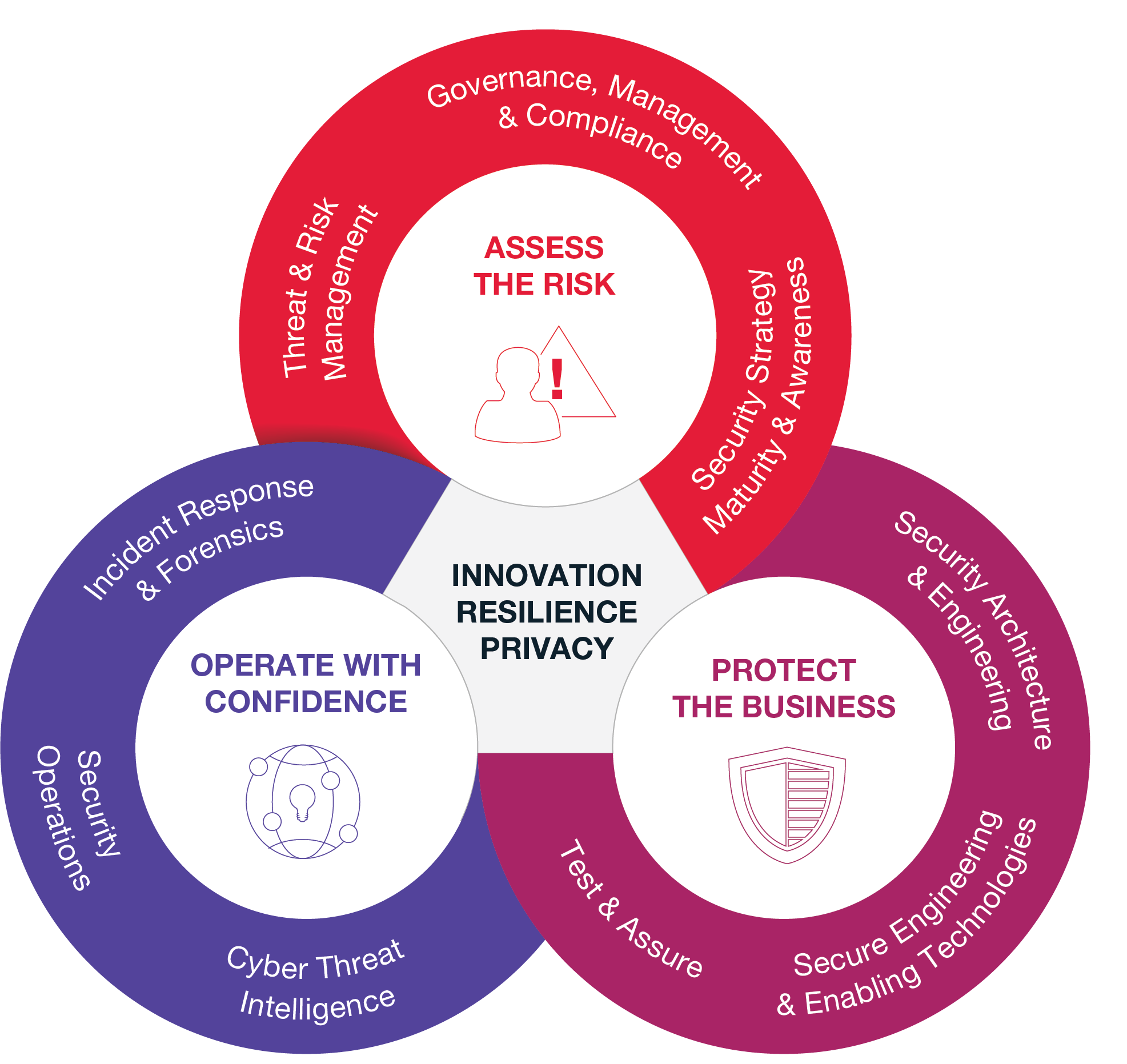Alex Woodward
Senior Vice President - Consulting Delivery, Cyber Security, CGI in the UK & Australia
Alex leads the delivery of the Security Operations element of CGI’s UK cyber practice with responsibility for Security Operations Advisory, Managed Security Services and Penetration testing functions.
Maxine Bulmer
Vice President - Consulting Delivery (Cyber Security - UK & Australia)
Maxine
is
the
Vice
President
–
Consulting
Delivery
for
the
Cyber
Security
Consulting
and
Engineering
Sector
at
CGI
UK.
She
is
part
of
the
senior
leadership
team
in
our
Space,
Defence
and
Intelligence
business
unit
which
has
been
developing,
delivering,
...
Michael Constable
Director Consulting Delivery – Cyber Managed Services & Advisory, UK & Australia
Michael
leads
the
delivery
of
the
Security
Operations
element
of
CGI’s
UK
cyber
practice
with
responsibility
for
Security
Operations
Advisory,
Managed
Security
Services
and
Penetration
testing
functions.
Focused
on
regulated
industries,
Critical
National
Infrastructure
(CNI)
and
Government,
these
services
to
...
Alex
re-joined
the
CGI
Cyber
Security
Practice
in
2006,
with
a
particular
focus
on
security
architecture
and
design
but
also
security
governance.
Alex
has
delivered
security
services
across
a
broad
range
of
industry
segments
within
his
career
but
has,
for
...

















